Suzanne Bianchetti
Nacimiento : 1889-02-24, Paris - France
Muerte : 1936-10-17

La femme du monde
The story of Charles de Foucauld, a cavalry officer, who became an explorer, and then became a Catholic priest and hermit in the Sahara
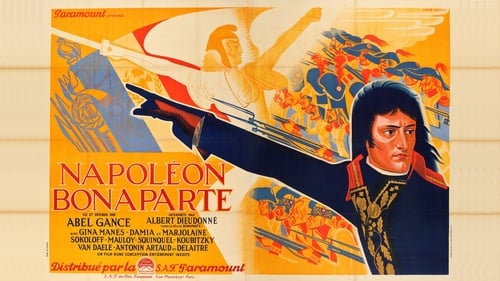
Marie-Antoinette
A second version of Gance's Napoléon, with sound.

A local man raised two boys. One is his son and the other is that of a rich industrialist, to get the bonus to the unhappy father, he gives his own son a lazy scoundrel, to the tearful father and decides to keep the other boy, but the truth does not soon to burst.

Eugénie de Montijo
During a stay in Seville, Empress Eugénie was charmed by the song of Violetta, a flower girl of gypsy origin. She invites her to Paris where she becomes a prima donna.

Antoine, is the brother of Clothilde, lady-in-waiting to gorgeous duchess Silvéri. Parzy falls in love with the duchess, but can't get anywhere near her thanks to the vigilance of the girl's duenna. In desperation, Parzy disguises himself in his sister's clothes and poses as a girl. This gains him entrance to the duchess' boudoir -- but now what does he do?

A visitor from the western front tells young children, in a sober commentary, about the battle of Verdun.
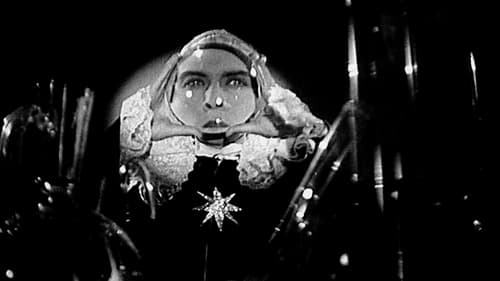
Marie-Antoinette
Paris, France, 1784. After living many tribulations, Joseph Balsamo, known as Count Cagliostro, an infamous adventurer, enigmatic magician and necromancer, experienced physician and ruthless swordsman, triumphs among the members of the decadent French aristocracy. But a bold foretelling about a very prominent noblewoman causes his fall in disgrace… (Partially lost film.)

The wife
A dramatized re-enactment and documentary of the Battle of Verdun as seen by both French and German soldiers, shot on site of the actual battle.
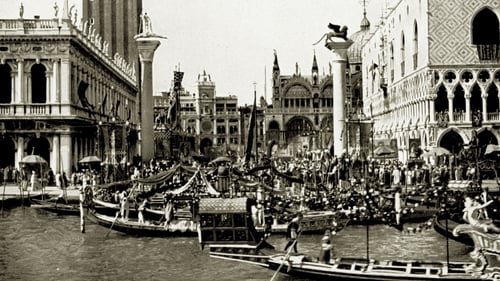
Catherine II
Presenta la vida de Giacomo Casanova con sus aventuras en pos de mujeres, de Venecia a Austria, de allí a Rusia en medio de la Corte de Catalina la Grande y nuevamente de vuelta a Venecia donde es procesado y consigue huir en pleno Carnaval antes de que se ejecute la sentencia.
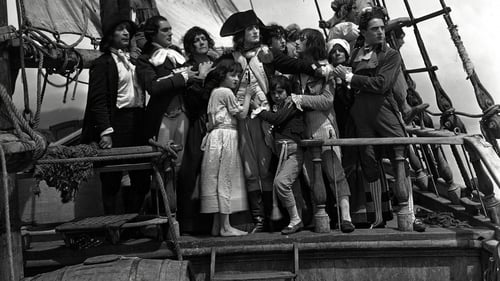
Queen Marie-Antoinette of France
El golpe de estado del 18 Brumario de 1799, que significó el fin de la Revolución Francesa, puso el poder en manos de Bonaparte, el más prestigioso de los generales franceses, sobre todo después de sus brillantes campañas en Italia y en Egipto. Desde 1799, Napoleón no sólo fomentó la difusión de las ideas revolucionarias, sino que, además, se lanzó a la conquista de Europa. En 1804 se autoproclamó emperador de Francia con el nombre de Napoleón I.

Following a 19th-century play penned by Benjamin Antier, the figure of Robert Macaire, bandit and rogue, enjoyed popularity in several contexts. One of the most detailed treatments may be found in Epstein’s LES AVENTURES DE ROBERT MACAIRE, which he executed in five interrelated episodes.

Unsucessful writer Théodore Larue is mistakenly believed to be drowned during a vacation at the sea with his wife Lucie. The latter persuades him to play dead because the incident increases his popularity. Théodore pretends he is his brother Anselme. Trouble begins when the actual brother unexpectedly returns from Madagascar.
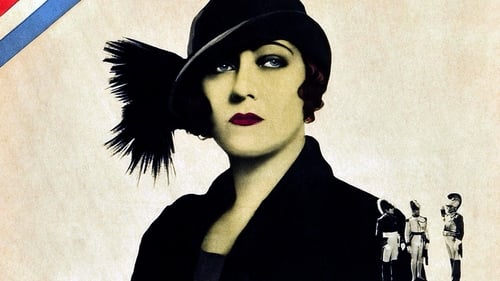
L'Impératrice Marie-Louise
A French washerwoman becomes a duchess and a friend of Napoleon.

Claire is married to the elderly owner of a brewery. She seeks excitement with her childhood friend René.

Nilidor
Based on the short story by Nodier and the play by Maeterlinck.

Eugénie de Montijo
This historical melodrama (later remade by Henry Roussel himself in 1932 and Richard Pottier in 1952) set during the reign of Napoleon III of France. Here, Raquel Meller plays a Spanish flower girl who saves the life of the French empress Eugenie de Montijo (played by Suzanne Blanchetti), by taking her place in her carriage. When the carriage is overthrown by the anarchist's bomb, the girl survives because of the masses of violets in the imperial carriage, the empress' favorite flowers.

"Sa gosse" features a realist singer played by Elmire Vautier, whose memories of the unwanted child she left in the country are invoked by the lyrics of a realist song brought Voices from the past.

August 1914: wife and mother, woman's first sacrifice is to see her beloved depart for the front. In a city, she works in railway stations,as a waitress or even as a chimney sweep. At the factory, she only interrupts her work to feed her baby. At the country she does the plowing or picks olives. But above all a wife, she brings the soldier "fraternity and tenderness", parcels, love notes and care. She brings flowers to the dead's tombs, and remains ever present in the soldier's heart.














